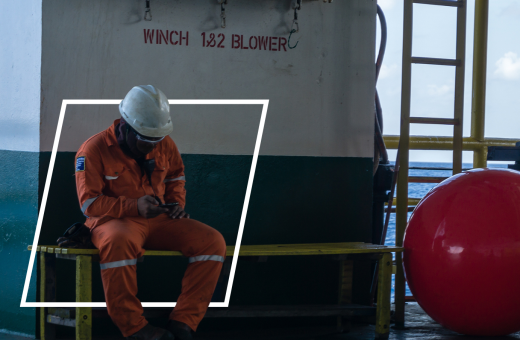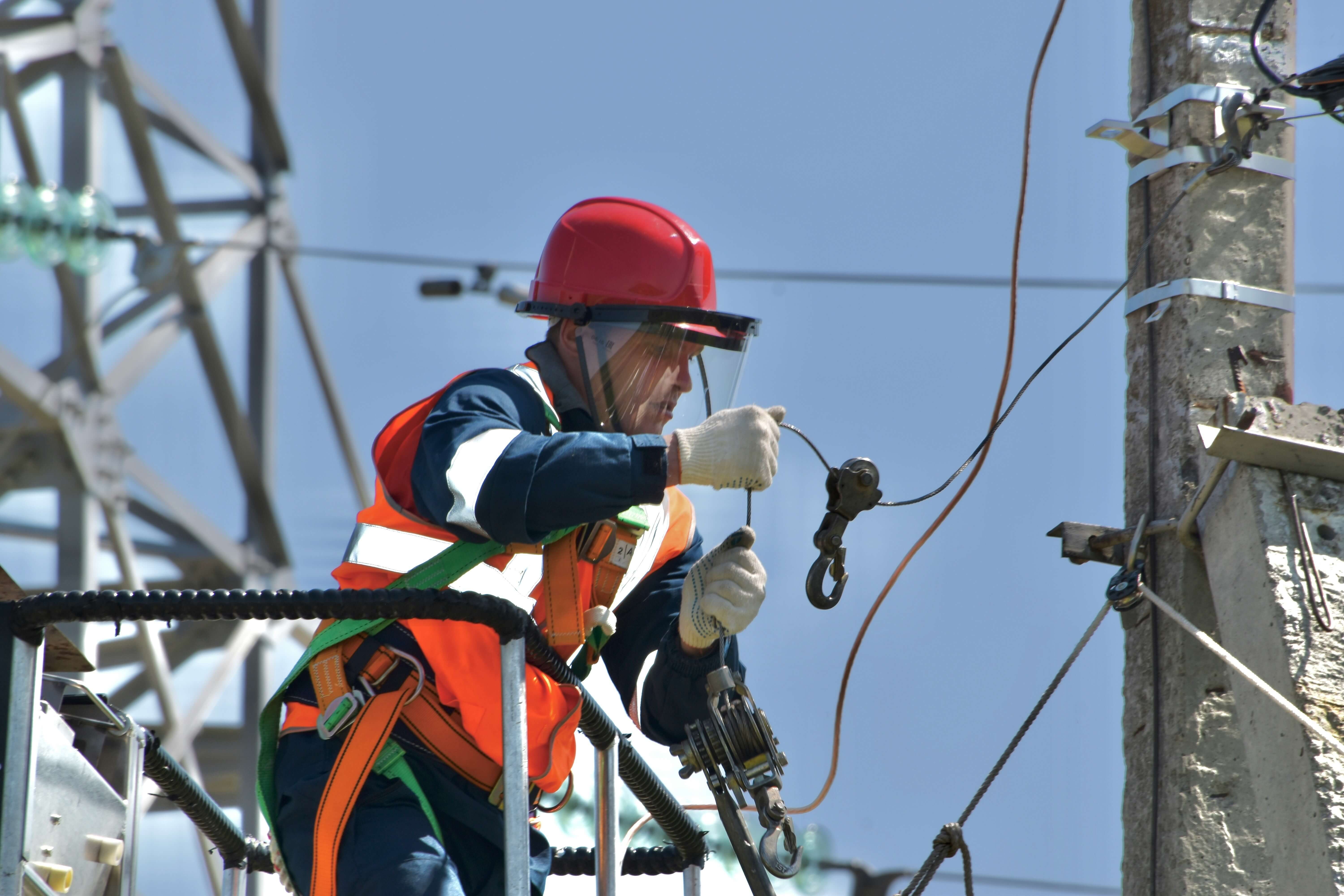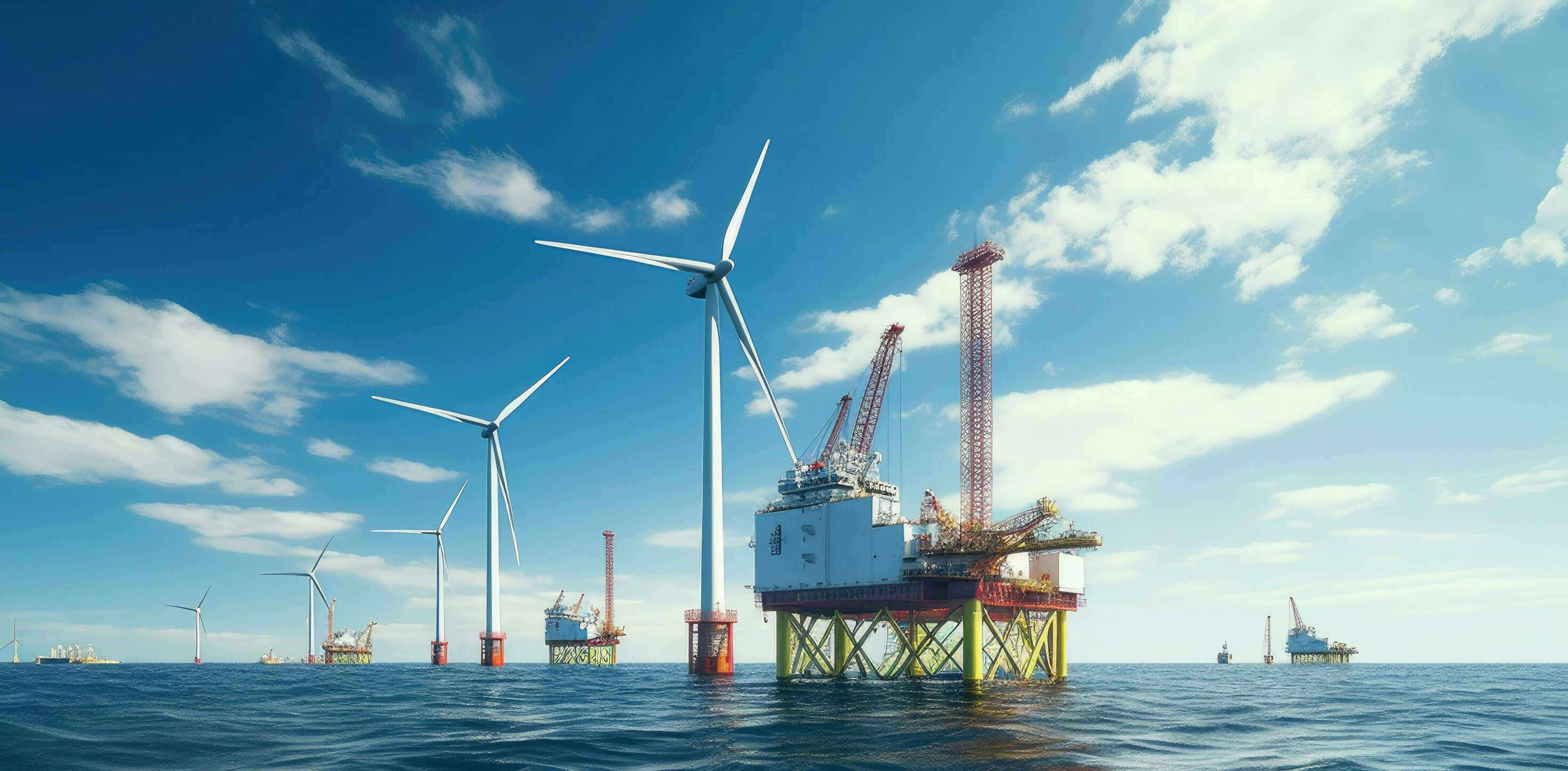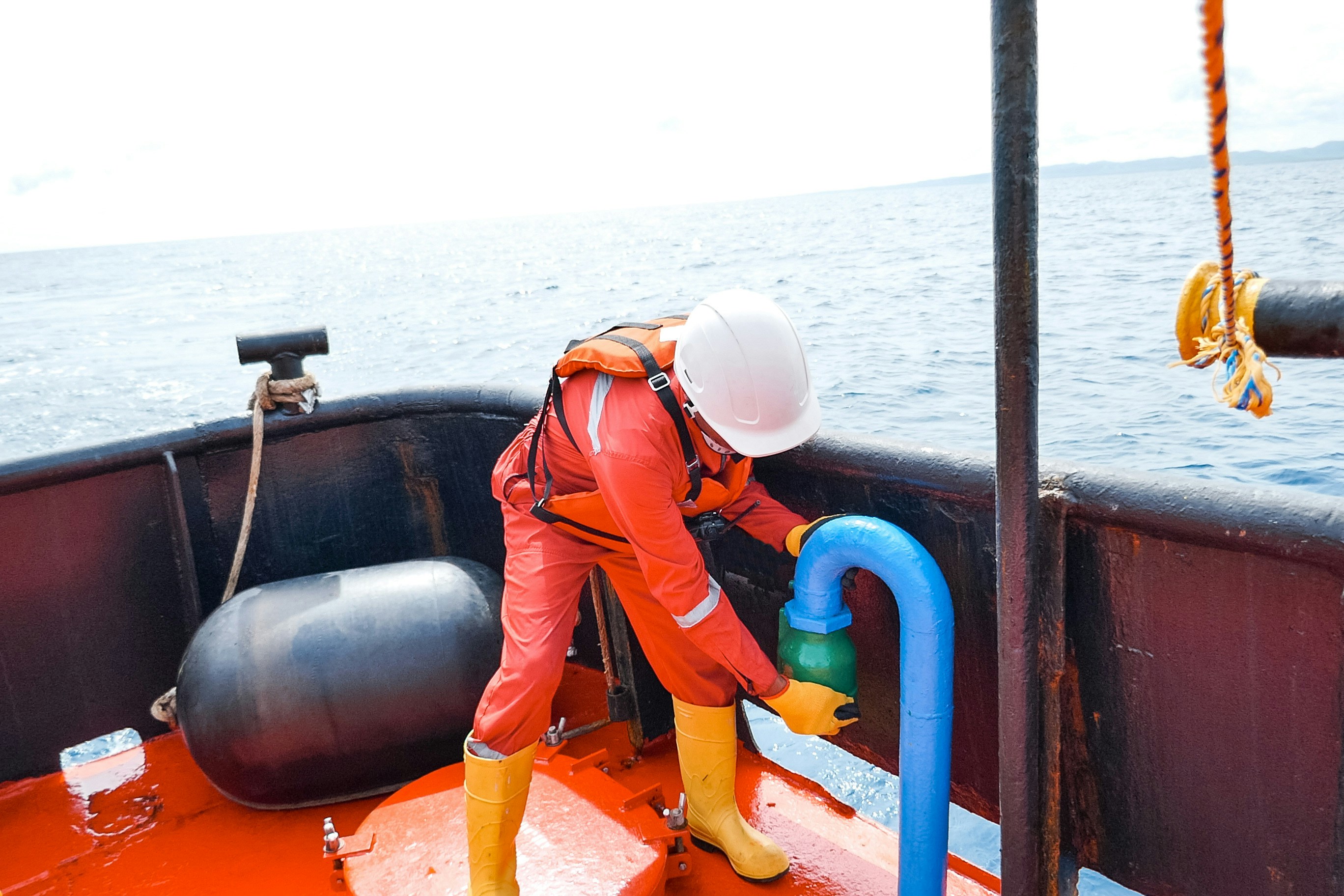Safety First: The Importance of Offshore Industry HSE Practices
07 Aug, 202310 minutes
In the offshore industry, prioritising safety is vital. The implementation of Health, Safety and Environment (HSE) practices is crucial to mitigate risks, prevent accidents and foster a culture of safety.
This blog post delves into the importance of HSE practices in the offshore industry and highlights their role in safeguarding lives, offshore projects, and the environment.
👷 Prioritizing Worker Safety
Offshore operations are challenging and can be potentially hazardous too. HSE practices prioritize the safety and wellbeing of workers, including measures such as:
- Providing comprehensive safety training
- Conducting regular safety drills
- Enforcing strict safety protocols
The likelihood of accidents and injuries occurring in the working environment decreases when these measures are implemented.
🌍 Protecting the Environment
Since the offshore industry operates in sensitive ecosystems, environmental protection is extremely important. HSE practices play a critical role in minimising the environmental impact of offshore operations. This involves:
- Conducting environmental assessments
- Implementing waste management strategies
- Adopting technologies that reduce pollution and emissions
By adhering to regulations and integrating environmental considerations into HSE practices, the offshore industry works towards responsible operations.
📋 Mitigating Operational Risks
Whether it’s technical failures, human errors, or extreme weather conditions, offshore operations involve risks that are sometimes unavoidable.
HSE practices focus on identifying and mitigating these risks through rigorous risk assessments, preventive maintenance programs and continuous monitoring.
Safety systems are also implemented to minimise potential risks and ensure effective responses to emergencies. These safety systems include the use of personal protective equipment (PPE), emergency response procedures and safety audits.
🦺 Cultivating a Safety Culture:
HSE practices aim to foster a culture of safety throughout the offshore industry. This involves instilling a mindset where safety is everyone's responsibility, from top-level management to frontline workers.
Communication, training, and awareness campaigns play a vital role in promoting safety and encouraging employees to actively participate in creating a safe working environment. By embedding safety as a core value, the industry strives for continuous improvement in HSE performance.
🤝 Collaboration and Industry Standards:
To enhance safety in the offshore industry, collaboration among stakeholders is crucial. Industry organisations, regulatory bodies, and operators work together to develop and implement robust HSE standards and practices.
These standards cover various aspects, including:
- Personnel qualifications
- Safety equipment
- Emergency procedures
- Environmental protection
Compliance with these standards ensures a unified approach to safety across the industry.
In conclusion, safety is the cornerstone of offshore industry operations. Embracing HSE practices ensures that offshore operations can be conducted responsibility, sustainable, and with the highest regard for the wellbeing of both workers and the environment.


